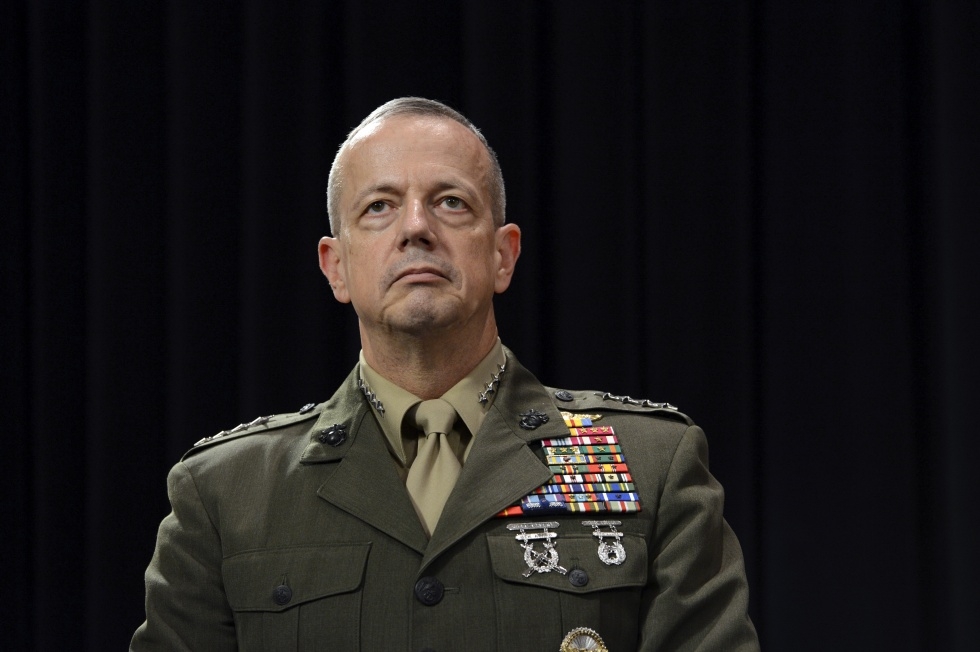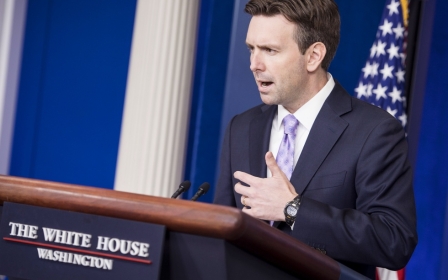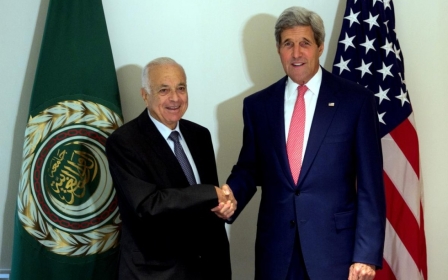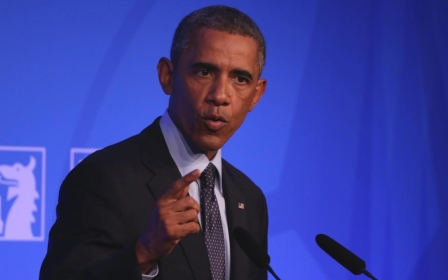US general Allen to head anti-IS coalition

Retired US general John Allen, the cerebral ex-commander of NATO forces in Afghanistan who also led troops in western Iraq, has been named to lead the international effort against Islamic State militants, officials announced Friday.
The job will require a difficult balancing act that will be familiar ground to the retired four-star Marine officer, who has plenty of experience managing unwieldy coalitions and navigating the volatile politics of the Middle East.
Allen, 60, has been an unabashed hawk when it comes to Islamic State, urging a no holds-barred assault on the militants.
"The Islamic State is an entity beyond the pale of humanity and it must be eradicated. If we delay now, we will pay later," Allen wrote in Defense One last month.
He was head of the NATO-led mission in Afghanistan from July 2011 to December 2013.
"In this role General Allen will help continue to build, coordinate and sustain a global coalition across the multiple lines of efforts to degrade and ultimately destroy ISIL," said State Department deputy spokeswoman Marie Harf.
President Barack Obama, in announcing a strategy to destroy the group, said the creation of an international coalition that included Arab and Muslim states was vital to the anti-IS effort.
Allen's deputy will be Brett McGurk, the deputy assistant secretary of state for Iraq and Iran.
The former commander will not oversee military operations, which is the job of the current chief of Central Command, General Lloyd Austin. But Allen likely will be asking members of an international coalition to contribute aircraft, ammunition, access to bases or other aid to the fight.
Allen is no stranger to Iraq, where he made his name from 2006-2008 in western Anbar province, forging alliances with Sunni tribes who turned on Al-Qaeda militants.
The approach to the Sunni tribal leaders was controversial at the time, and some fellow officers opposed the effort but it proved successful, producing the so-called "Anbar Awakening."
Allen, like most senior US military officers, has said Obama should have left troops in Iraq instead of withdrawing all combat forces in 2011.
Since June, Obama has deployed 1,600 troops to safeguard the US embassy and provide "advice and assistance" to Iraqi and Kurdish forces.
In late 2012 President Barack Obama nominated Allen to be supreme commander of transatlantic alliance NATO, one of the most prestigious US military posts.
But he withdrew from consideration when he was briefly caught up in the scandal that forced retired general David Petraeus to resign as CIA director due to an adulterous affair.
An inquiry was launched into alleged "flirtatious" emails between Allen and Jill Kelley, the Florida woman whose complaints about threatening emails from Petraeus' mistress brought the scandal to light.
Allen retired from the military in February 2013 and he was later cleared of any wrongdoing.
But Allen later said the publicity over the episode was excruciating for him and his family.
Since hanging up his uniform, Allen worked as an adviser to draw up a security plan for the West Bank during US Secretary of State John Kerry's failed bid to broker an Israeli-Palestinian peace deal.
A graduate with honours from the Naval Academy in 1976, Allen has pursued graduate studies throughout his career, earning masters degrees in national security and strategic intelligence.
As the head of a Marine battalion, he participated in operations handling a wave of Cuban and Haitian refugees in 1994 at the US naval base in Guantanamo Bay, Cuba before deploying to Bosnia for a NATO peacekeeping mission after the signing of the 1995 Dayton accords.
New MEE newsletter: Jerusalem Dispatch
Sign up to get the latest insights and analysis on Israel-Palestine, alongside Turkey Unpacked and other MEE newsletters
Middle East Eye delivers independent and unrivalled coverage and analysis of the Middle East, North Africa and beyond. To learn more about republishing this content and the associated fees, please fill out this form. More about MEE can be found here.




